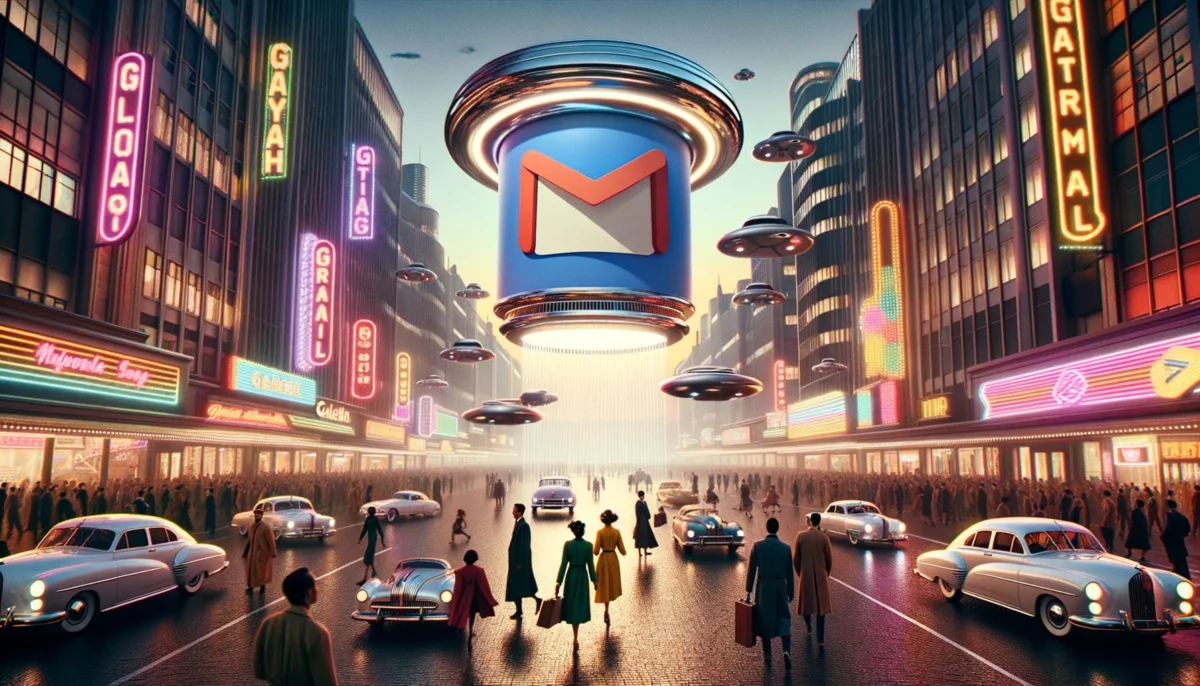Gmail’s been around for two whole decades. But not everyone is a fan of Google’s email platform – here’s why
Gmail is simple to use, simple to set up, free, and it is the gateway into Google’s Android ecosystem. On top of that, it is the most popular email on planet earth right now with 1.8 billion active accounts.
So why do privacy experts not like Gmail? It’s not personal. They don’t like Google, what it stands for, and how it uses and stores data. Gmail is just part of this system of data collection.
Do they have a point though? They do – a big point. One that most people likely are not aware of because, let’s face it, who ever reads the terms and conditions when you download or install a new app.
If you’re one of those people that doesn’t read privacy policies and terms and conditions, prepare to be… shocked.
Here’s Why Security Experts Do Not Recommend Gmail

Gmail is not end-to-end encrypted. The contents of your emails are visible to Google and stored in clear text on their servers. This means the emails are accessible to Google employees, according to data privacy expert Naomi Brockwell.
Google has been found in the past to make data from private emails available to third parties, even though users expect their email communications to be private.
While Gmail presents itself as free to use, users of this service are paying with their personal data, including every email they send and receive. They give Gmail the right to read every email and show them advertisements in an effort to generate the revenue needed to run the service. In addition to serving you advertisements, Gmail runs the risk of having your data compromised by malicious actors or given to government agencies.
Andy Yen
Google collects a lot of data about users’ email activity which can be used to profile users for advertising and other purposes. Privacy-focused email providers aim to collect as little metadata as possible.
Data that is sent to advertisers (who aren’t Google): location, user IDs and advertising data.
Data used for analytics: purchase history, location, email address, user content (including photos or videos, audio data, customer support and ‘other’ content), search history, user identifiers (user ID and device ID), usage data (including product interaction and advertising data, crash data and performance data and ‘other’ data types.
Data used for product personalisation: email address, contacts, emails or text messages, audio data, search history, user identifiers (user ID and device ID), and usage data.
Data collected for app functionality: purchase history, location, email and name, contacts, emails or text messages, photos or videos, audio data, customer support and other user content, search history, user identifiers (user ID and device ID), product interaction, diagnostics (crash data and performance data), and other data types.
WIRED
Gmail represents a centralization of a huge amount of private communications data under the control of a single company. Privacy advocates prefer decentralized and end-to-end encrypted solutions where the service provider does not have access to the content.
There are alternative email providers like ProtonMail and Tutanota that are end-to-end encrypted and make a point to collect as little user data as possible. They are designed from the ground up to preserve user privacy, unlike Gmail.


